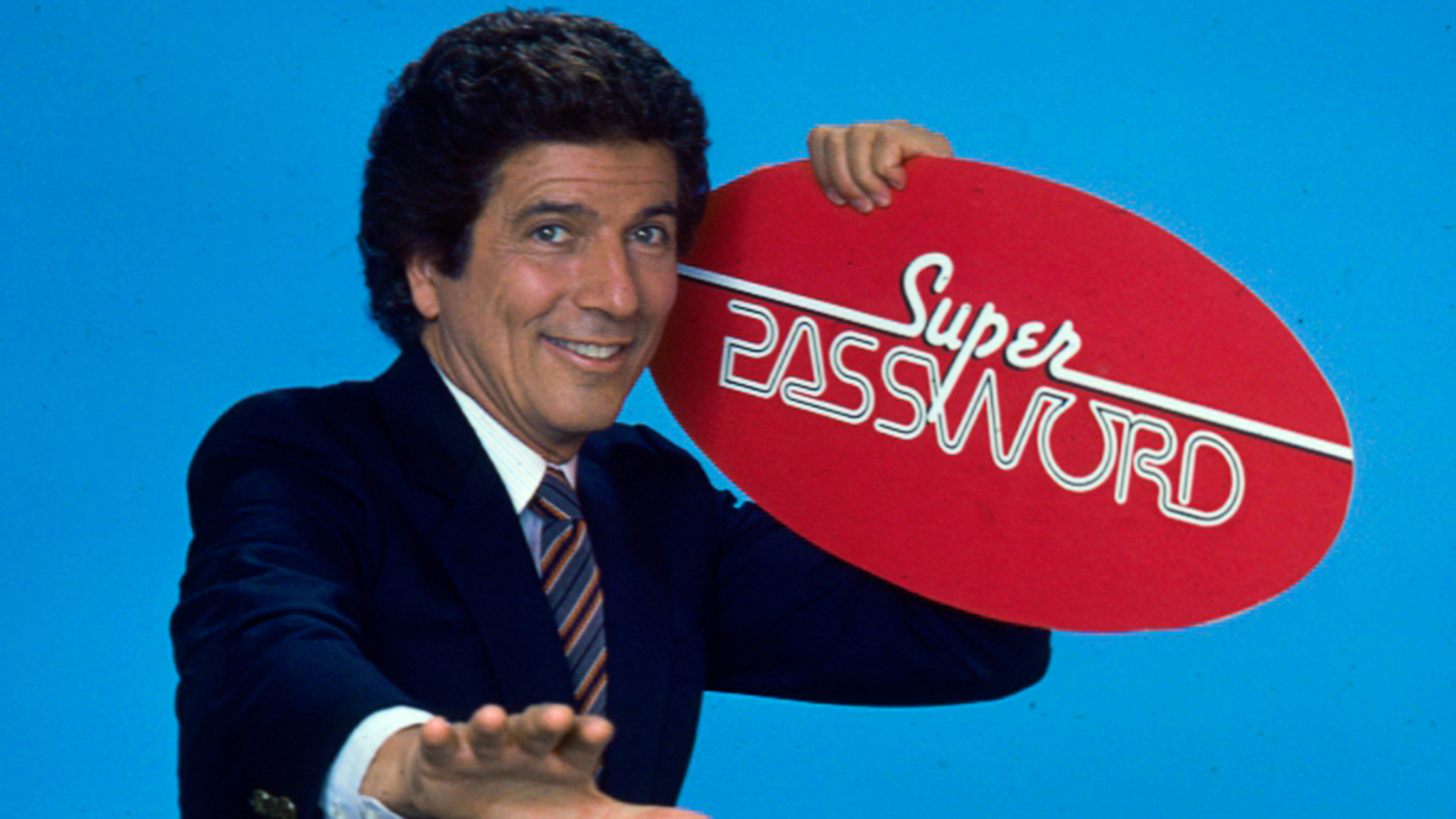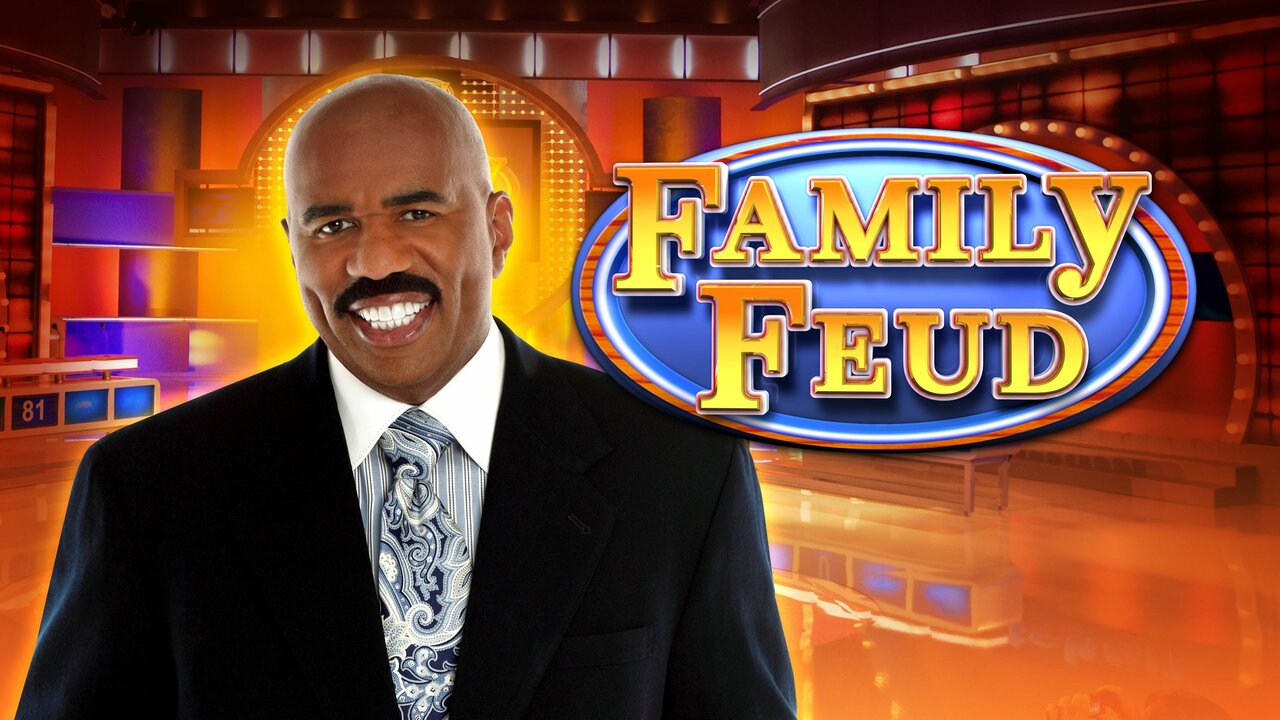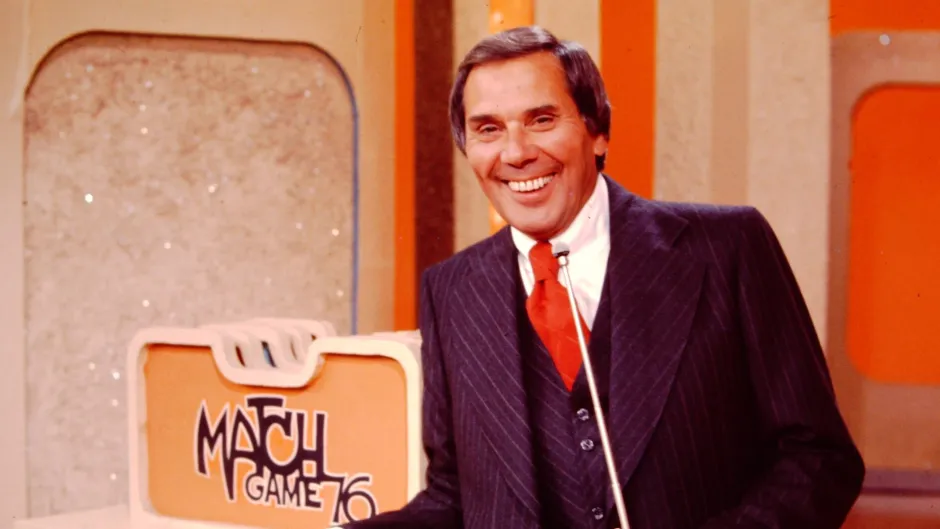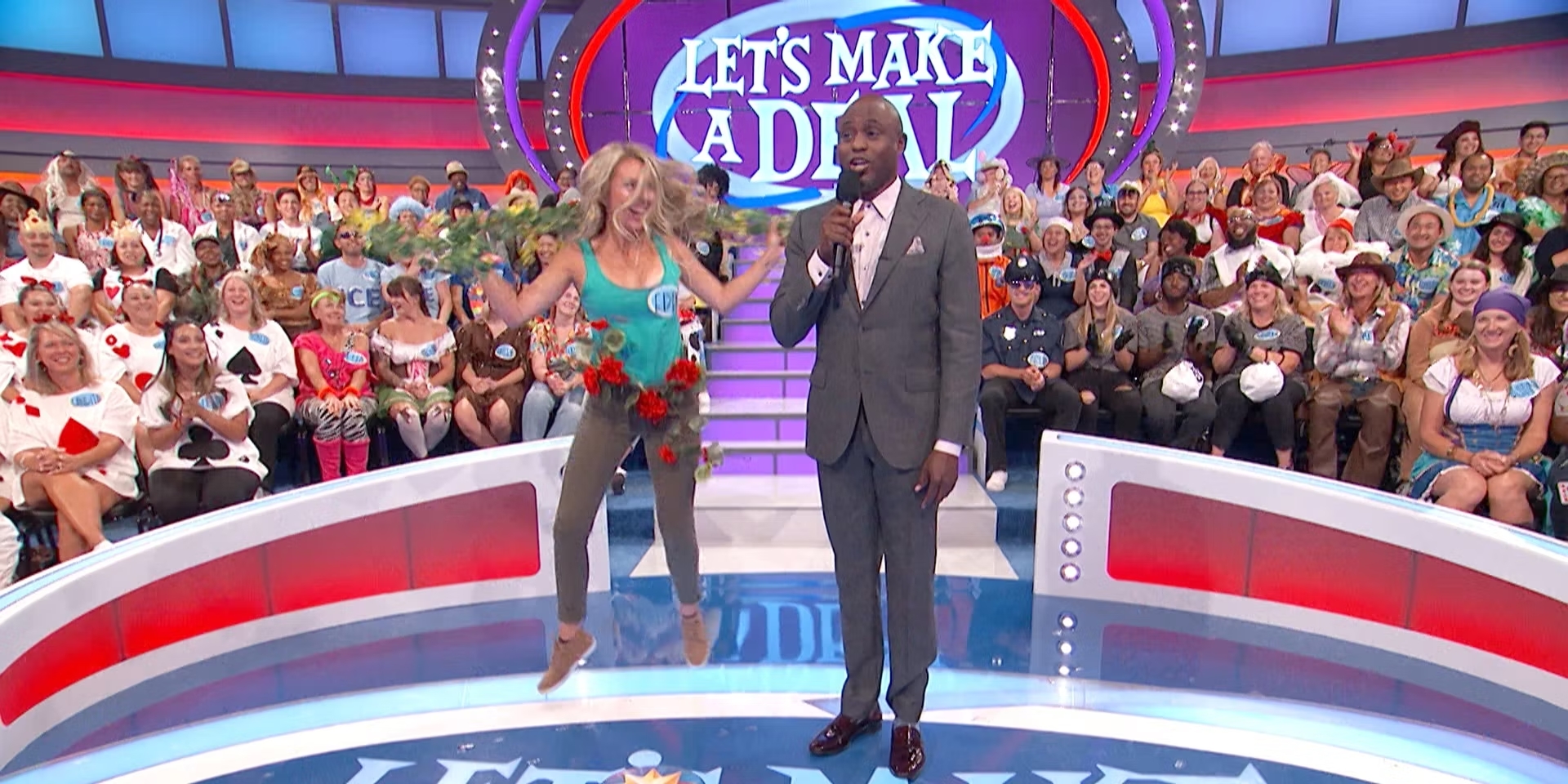Super Password is an American television game that was an emblem of popularity in the 1980s. First aired in 1984, the game was a fairly successful remake of the classic Password game. Super Password featured two teams of two contestants who competed in guessing words using clues from their partners. One of the most exciting aspects of the game was the final part, where the winner would try to guess the “Super Password” using two clues, which could earn them huge cash prizes. The host of this iconic game was the legendary Bert Convy. The highest amount won in Super Password was almost $58,000 and was earned in 1988. The game gained popularity due to its simple yet addictive mechanics that made it appealing to viewers of all ages.
Gameplay
Teams comprised of a contestant and a celebrity vied against each other. The primary objective, akin to the original Password, involved one partner providing clues to help their teammate guess a designated word (the “password”). Initially, the clue-giver from the first team presented a one-word clue, permitting the receiver a single guess. Time constraints applied to both the clue and the guess. Teams took turns offering one-word hints until the password was deciphered or until each side had issued two clues (three in the early phases of Password Plus until June 15, 1979).
Various violations by the clue-giver nullified the receiver’s opportunity to guess the password:
- Providing multiple words or a hyphenated word. Presenting a non-dictionary-valid word, as determined by a panel of off-stage judges. Exceeding the allotted time for delivering a clue. Excessive gestures or physical actions. Uttering the password or any derivative of it. Capitalized words, proper nouns, and foreign terms were permissible, as were vocal modulations intended to guide the receiver to the password. A clue-giver could repeat a previous clue or guess from either team.
- Similar to the ABC rendition of Password, the team initially in control of a password on Password Plus could choose to provide the first clue or pass to the opposing team. Originally, the team that failed to guess the preceding password had this option, but it changed on August 13, 1979. Super Password eliminated this choice entirely, mandating that the team which solved a password must offer the first clue for the subsequent one.
- The guidelines for clue-giving remained consistent with prior versions of Password, with two exceptions unique to Password Plus. From the April 23, 1979 episode until the series’ conclusion in 1982, two regulations were enforced. The first barred the direct opposite, or antonym, of any password from being a permissible clue (e.g., “loose” for “tight”). The second extended an existing penalty in the game. Initially, if the clue-giver who had the option to play or pass failed to make a decision promptly or neglected to provide a clue, the opposing team’s clue-giver could offer two clues to their partner. After the modification, the two-clue penalty applied whenever a clue-giver failed to provide a clue on time. In all instances, the two clues had to be issued separately, with one guess allowed for the password following each clue.
Cashword
“Cashword” served as an extra bonus feature on Super Password, exclusively available to the winner of the second puzzle, with the potential to amass a growing cash prize. In this segment, a celebrity provided clues for a more challenging password. The contestant stood to win a jackpot, beginning at $1,000 and escalating by the same amount with each unsuccessful attempt to guess the password within three clues. This segment operated independently from the main game scores and solely dispensed supplementary funds. However, if the celebrity offered an unauthorized clue, the “Money Vault” round concluded abruptly.
Broadcast history
In September 1984, the show made a comeback as Ultra Key and occupied the noon Eastern time slot, directly competing with the then 8-year-old Family Feud for its first two weeks, followed by Ryan’s Hope on ABC. Despite facing resistance from several stations that opted to broadcast local news or syndicated programming, similar to the scenario with Password Plus, Ultra Key retained its time slot throughout its entire 4½-year tenure. However, as the decade progressed, NBC affiliates began phasing out most of the network’s daytime game shows, including Ultra Key. The proliferation of local newscasts airing at noon during this period contributed to a decline in the show’s viewership. Ultra Key bid farewell with its final episode airing on March 24, 1989, coinciding with the series finale of Sale of the Century; NBC relinquished the 12:00 pm timeslot to its affiliates following Ultra Key’s conclusion.
Ultra Key marked Bert Convy’s last venture as the host of a network game show (and the final project for Mark Goodson Productions) before his passing two years later. Although he helmed a pilot for an ABC revival of Match Game in late 1989, his illness prevented him from hosting when the series was picked up a year later (the hosting duties were ultimately assumed by Ross Shafer for the series). Convy subsequently hosted Win, Lose, or Draw and 3rd Degree for syndication before succumbing to brain cancer in 1991.
Super Password Talent
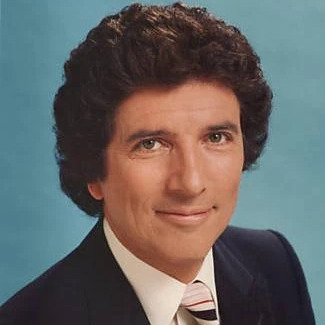
Bert Convy, Host
Bert Convy was an American actor, singer, game show host, and panelist. He gained prominence for his hosting roles on game shows like “Tattletales” and “Super Password,” where his charm and wit endeared him to audiences. Convy’s career spanned decades, encompassing film, television, and theater. He was known for his versatility and charisma, leaving a lasting impact on the entertainment industry.
